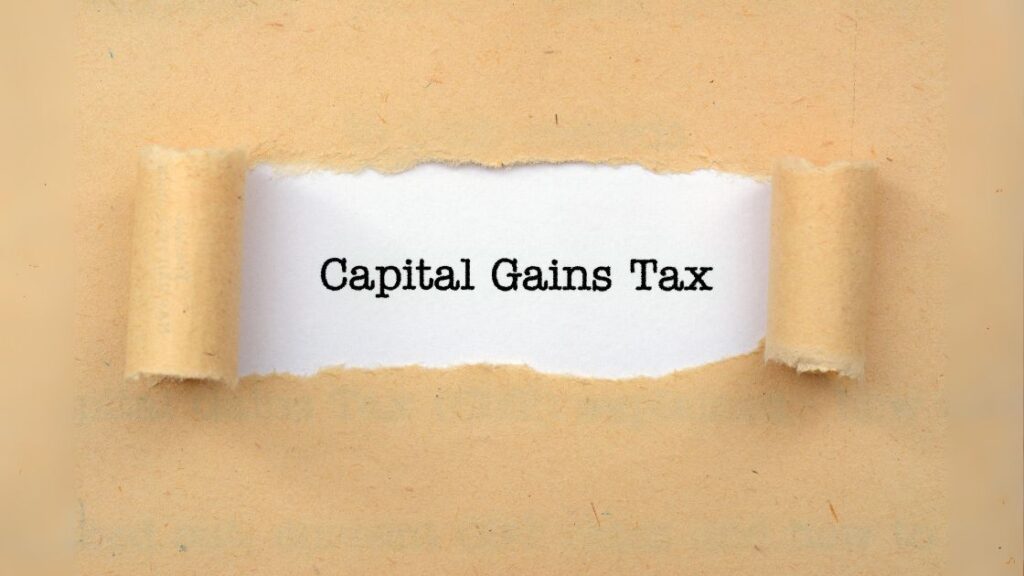Credit score in simple terms is what it is called a score just like a common test score which defines a student’s eligibility to take admission in a university. However, this score defines a person’s credit repaying ability and his worthiness to take credit. It is an indicator for risk assessment for lenders like banks, credit card providers, mortgage companies and financial institutions. It can be understood as a number which is responsible to create a perception about you among the lenders based on which the lenders will decide to either give you credit or not.
Credit score gives an estimation about the probability that an individual would be able to pay the debt based on the credit repaying history. It acts as an excellent indicator of the risk associated with providing credit for the lending companies. In United Kingdom there is no fixed standard scale however the credit score scale used by the Experian is mostly used which is ranged 0 to 899. Where 0 to 560 is very poor, 561-720 rated poor, 721-880 is rated fair, 881-960 is considered good and 961-999 is rated excellent score.
Factors on which Credit Score depends
A good credit score represents an individual’s worthiness to get credit and ability to manage and repay the debt responsibility. Maintaining a good credit score can hence increase the chances to get credit from any lender as the lenders see you as risk free credit seeker. The task of maintaining a credit score becomes if you actually what are the driving factors behind your credit score.
Let us discuss these factors in detail and try to get a basic understanding of them:
Payment History: Your historical payment pattern is a dominating factor in evaluating your credit score. Less number of payment defaults for your previous debt means lesser risk involved for the lenders to give you credit again. If you have made payments on time in past for your debt no creditor will think twice to give you credit again as you would be having an amazing credit score.
Credit Utilisation ratio: It is just what it is called that is a ratio between how much credit you have used and how much credit is available to you. A very high credit ratio indicates that there might be a possible financial difficulty with the individual which in turn indicates a greater risk of default in repaying the credit. Most people think that shuffling credit between various credit cards can do the trick but it actually further lowers the credit score as the amount of credit taken out of total credit available will still be high. Credit utilisation percent below 30 is considered a good ratio for your credit score.
Length of Credit History: Lenders prefer accounts with a longer credit history because a longer credit history indicates better interest earning chances. No one is looking to lend you money if you are not generating money for them by paying them interest hence it is better to gradually paying off your debt. It is simple math a lender will earn more interest if you pay off the credit in a longer duration. So, the earning prospects are better in an account which has a longer credit history.
Credit Mix: Credit mix means mixing various kinds of credit for your financial needs like credit cards, loans, mortgages etc. But credit must be taken responsibly and refrain from creating accounts without any actual requirement for credit. A diverse credit mix indicates good credit management behaviour.
New credit Applications: It is an easy to miss factor but it is important factor as it indicates how frequently an individual needs credit and more frequent credit needs means poor finance management skills on a personal level. Also, every time you are applying for credit a hard inquiry is actually done from the credit bureaus which can reduce your credit score. That is the reason why we should always apply for credit when we actually need it.
Public records: Any negative public record on your name can considerably damage your credit score as it is quite obvious that no one would want to give credit to an individual who is having any negative record like bankruptcies, tax liens, foreclosures etc. Any such record will put you in a high default risk zone and will stay on your credit report for many years. It is a must to maintain a good public record.
Strategy to maintain a good credit score
Effective analysis of the factors that affect your credit can help you in managing your credit score. All it takes careful monitoring and a consistency in payments. Let us discuss what you should do strategically to improve your credit score. You do not have to be a mathematician or a scientist and go through complex calculations to increase your credit score. You should understand that your credit score is actually a perception which is created by the numerical value among the lending institutions. So, all we have to do is work on the factors on which the credit score depends consistently and it will increase in time.
It is critically important to check your credit reports regularly so that you can find any irregularities in them. To increase your score, your reports should match with the transactions that you have taken or paid. Once you are done with the checking part you must make sure that you are making payments on time and are not missing even a single payment. Try to keep the credit utilization percentage below 30 percent as indicates healthy financial state. Keep old accounts active and avoid opening new accounts or applying for credit frequently. Try to distribute the credit in credit cards, loans and mortgages to generate a diverse credit mix. You should be consistent in doing all the things we have discussed and you will see with time your credit score will increase.
So be consistent and stay planned in order to increase your credit score.


















